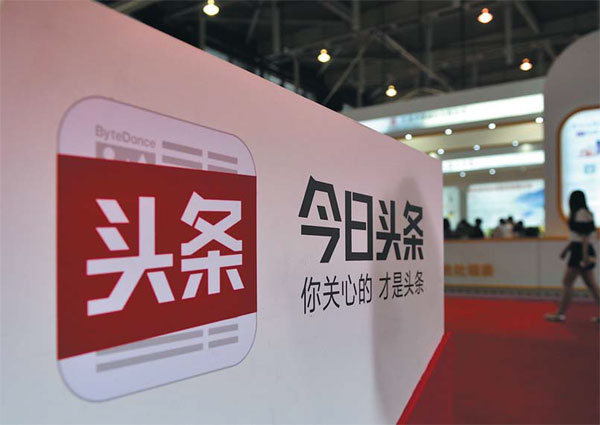Shotgunner51
RETIRED INTL MOD

- Joined
- Jan 6, 2015
- Messages
- 7,165
- Reaction score
- 48
- Country
- Location
World’s Largest Mining Investment Fund Is Bargain Hunting Again
Dave Forest
Oilprice.comJanuary 24, 2017

Tenke Fungurume Mining, Congo
China expanded its global reach again this past week. With the first-ever rail shipment of Chinese goods arriving in London, as part of a new Silk Road train route. And news yesterday suggests China is taking big leaps in resource finance as well.
That announcement came from China Molybdenum Company — the world’s largest moly miner. With the company saying it has an unusual new financial partner for its latest mine acquisition.
That follows China Moly’s purchase of a 56% interest in Tenke last May from Freeport-McMoRan. A deal that initially looked rocky after objections from DRC state mining firm Gecamines — but which has now reportedly been endorsed by the DRC government.
The Chinese miner bringing in BHR is a very interesting move. Representing one of the first forays we’ve seen for China-based private equity into the mining space.
BHR does have a Western flavor to it — having U.S. advisors Thornton Group and Rosemont Seneca (run by the son of departing U.S. Vice-President Joe Biden) as minority partners. And the investment group is getting a lot of support from China Moly, including financial guarantees for BHR’s $1.14 billion purchase price on the 24% Tenke interest.
But this shows private investment appetite for mining is rising in China. An observation supported by recent data from private equity analysts Preqin — who reported that Chinese backers are right now preparing the world’s largest mining private equity fund.

All of which suggests there may be a lot of money coming soon from China for mining deals. Watch for more private equity buys emerging from this part of the world, and for a completion announcement on funds like Power Capital’s.
Here’s to deep pools.
http://finance.yahoo.com/news/world-largest-mining-investment-fund-161000073.html
Dave Forest
Oilprice.comJanuary 24, 2017
Tenke Fungurume Mining, Congo
China expanded its global reach again this past week. With the first-ever rail shipment of Chinese goods arriving in London, as part of a new Silk Road train route. And news yesterday suggests China is taking big leaps in resource finance as well.
That announcement came from China Molybdenum Company — the world’s largest moly miner. With the company saying it has an unusual new financial partner for its latest mine acquisition.
Chinese private equity.
That follows China Moly’s purchase of a 56% interest in Tenke last May from Freeport-McMoRan. A deal that initially looked rocky after objections from DRC state mining firm Gecamines — but which has now reportedly been endorsed by the DRC government.
The Chinese miner bringing in BHR is a very interesting move. Representing one of the first forays we’ve seen for China-based private equity into the mining space.
BHR does have a Western flavor to it — having U.S. advisors Thornton Group and Rosemont Seneca (run by the son of departing U.S. Vice-President Joe Biden) as minority partners. And the investment group is getting a lot of support from China Moly, including financial guarantees for BHR’s $1.14 billion purchase price on the 24% Tenke interest.
But this shows private investment appetite for mining is rising in China. An observation supported by recent data from private equity analysts Preqin — who reported that Chinese backers are right now preparing the world’s largest mining private equity fund.
All of which suggests there may be a lot of money coming soon from China for mining deals. Watch for more private equity buys emerging from this part of the world, and for a completion announcement on funds like Power Capital’s.
Here’s to deep pools.
http://finance.yahoo.com/news/world-largest-mining-investment-fund-161000073.html



